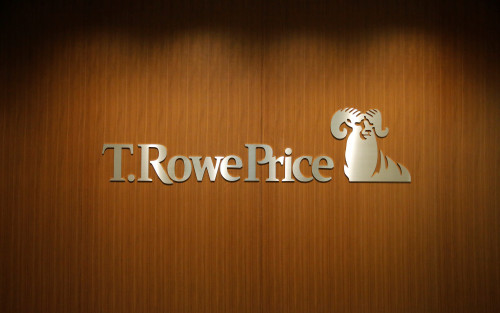
By Shankar Ramakrishnan
(Reuters) – Asset managers T. Rowe Price and Columbia Threadneedle are pushing back against private equity firms that pursued aggressive debt raises in a practice that hurt high-yield debt investors over the past two years.
Portfolio managers at the two firms who oversee investments in high-yield debt told Reuters that they now either outright refuse to entertain debt sales involving some firms or demand a lot more protections before investing.
“We have a blacklist of sponsors that have done a number of LMEs in the last two years,” said Vesa Tontti, senior portfolio manager at Columbia Threadneedle Investments, who is part of the U.S. loan team that manages $4.3 billion of assets.
“When my analyst comes to me asking about investing in debt being offered by some sponsors on that list, it is a straight no.”
T. Rowe Price, meanwhile, has refused to take part in debt trades backed by firms in the past even on suspicion that they may do debt raises on the side that would dilute their claims on assets, said Kevin Loome, U.S. high-yield portfolio manager at the investor.
“A healthy dose of skepticism is required when underwriting credits to ensure prudent longer-term risk management,” said Loome, who manages $2.8 billion in assets.
The caution from these two major institutional investors, which has not been previously reported, follows a practice over the past two years that came to be known as “creditor on creditor violence.”
‘LIABILITY MANAGEMENT EXERCISE’
The maneuver involved companies transferring valuable assets that were not tied to existing debt into a subsidiary, which would then raise new debt. The practice, euphemistically known as a liability management exercise, left the original lenders to the company at a disadvantage, as it undermined their claims to the company’s assets in a bankruptcy.
Private equity firms were particularly aggressive in using such tactics, as it allowed them to raise cash to return to investors at a time when they were unable to sell or float their portfolio companies on public markets.
The pushback from the investors is rare for a market that has allowed private equity firms to raise debt with weak investor protections. Some 90% of senior loans were considered covenant-lite or lacking adequate protections, according to varied estimates by analysts.
That’s in part because the issuers of such debt have had the upper hand. With the Federal Reserve expected to lower interest rates in the coming months, investors have been eager to get their hands on junk debt, which pays juicy returns.
In addition, existing investors in companies have incentives to join in any liability management exercise around it as it can lead to better recoveries in a bankruptcy.
As a result, investors have been trying to protect themselves by entering into cooperative agreements with other creditors to create unified negotiating groups and get first dibs on an LME or simply to block it.
“While many investors are not thrilled about necessarily making loans to sponsors that have a history of using documentation to dilute their claims, the fact is that they need to invest and there’s a shortage of investment paper,” said Pinebridge’s global head of credit and fixed income Steven Oh. “These sponsors, in short, have the upper hand.”
While LMEs, which are not illegal, complicated capital structures and hurt existing creditors, they also bought distressed companies time.
One private equity source defended the LME practice saying sponsors were forced to do them, even at the cost of angering some creditors, to raise liquidity and pay their limited partners since it was harder to do that by selling assets in a high-interest rate environment.
Last year, while 37 companies defaulted on bonds and loans totaling $26.5 billion, 48 completed a distressed exchange or LME of their bonds or loans, totaling a record $57.1 billion, according to JPMorgan.
“LMEs helped stave defaults coming out of a tough spot for the economy in 2022, when interest rates were increased to beat the inflationary cycle,” said Sandeep Desai, co-head of leveraged debt markets North America at Deutsche Bank. “It has, however, created a bunch of companies with a multi-layer cake capital structure,” he added.
T. Rowe Price’s Loome said investors were indeed keen to “lock in attractive yields amid today’s higher-for-longer rate environment.”
But he added: “LMEs are created by lawyers and advisors, taken advantage of by sponsors and the creditors are paying for it by having a diluted claim on the company’s assets or hiring other lawyers for legal solutions to fight against it.”
(Reporting by Shankar Ramakrishnan; edited by Paritosh Bansal and Nick Zieminski)






